It is unprecedented.
As far as anyone knows, this has never happened before in the United States.
A dispute over the allowable use of a tract of land results in a court order for a shul or Jewish hospitality center to be demolished?
This is an eye-opener.
That a shul would be destroyed in 2018 by government order is preposterous. It could never happen, right?
Well, read on.
Our story begins back in 2008, when Rabbi Mendy and Sheiny Rivkin moved into a home at 14 Aighburth Road in Towson, Maryland. In short order, Mendy and Sheiny turned the house into a center that welcomed thousands of Jewish students from nearby Towson University seeking the warmth and camaraderie that the Rivkins exuded. The house on Aighburth Road became a hospitality center, hosting Shabbos and holiday seudos, get-togethers, Torah lectures, and other activities that helped connect students with their heritage.
With time, it was quickly recognized that the humble house could no longer accommodate the myriad activities taking place between its walls.
Expansion was necessary.
Upon receiving a grant from a generous benefactor, Chabad was ready to enlarge its quarters so that it could continue serving the community, embarking on an $800,000 expansion campaign.
But then Chabad hit its first roadblock in what would be a complicated bureaucratic labyrinth that would entangle it for months thereafter. At first, the City of Towson rejected Chabad’s permit request, stating that there were zoning issues. The Rivkins were in touch with the local council and spoke with neighbors, altering the plans for the future Chabad center and attending public hearings, going above and beyond legal requirements to ensure that they dotted all the i’s and crossed all the t’s. After fulfilling all zoning requirements and receiving all permits, construction began.
As construction moved along, neighbors, with their minds already made up, launched an effort to undermine the Chabad house, hellbent on stopping the growth of this beloved communal institution.
Driven by open bias, the neighbors and their attorneys sought whatever recourse they could find. Their efforts resulted in the discovery of a legal covenant from 1950 that neither Chabad nor the neighbors had even known existed.
The covenant, as it turns out, would be the medium used by those fighting Chabad to halt the construction.
The covenant stated that the home at 14 Aighburth Road was required to have a larger setback. In somewhat ambiguous language, the covenant specified a setback that is an average between the setbacks of houses on the two neighboring properties. (It also specified that the kitchen in the house on the property must be on the west side of the building and that it must have a slate roof, though no one takes these provisions seriously.)
Based on this legal document, the neighbor’s legal representation went to court to demand that a stop order be issued, freezing the construction of the Chabad house. The judge didn’t cave, though, stating that the construction could continue, as $300,000 had already been spent on construction at that juncture. When the neighbors argued that the covenant was being violated, the judge responded that they could go to court and ask for compensation for damages. Chabad’s attorneys advised that in a worst case scenario, they’d have to pay for the damages, which the judge subsequently pegged at $17,000.
But then, to Chabad’s utter shock and dismay, the judge ruled that the one-million-dollar structure being built would have to be demolished completely. Chabad appealed, to no avail.
The judge’s ruling was clear: Chabad had 11 months to knock the building down to the ground.
This past summer, two months before Chabad’s planned appeal, the court appointed a receiver to recommend how to deal with the situation. The receiver proposed moving the building.
Chabad was agreeable, offering to spend a quarter of a million dollars to lift the building and have it moved back over 60 feet in order to adhere to the covenant’s setback requirements.
That offer, which was resoundingly opposed by the contentious neighbors, who continued to call for the building to be torn down, was also rejected by the judge, who reasoned that Chabad was violating “existing restrictions in the residential community” and was, therefore, engaged in “inequitable conduct.”
That conclusion was based on the Baltimore County zoning authorities’ issuance of unjustified violations to Chabad.
The home’s immediate neighbor told the Baltimore Sun that destroying the home is the only way to “entirely…solve all its legal issues.”
The courts have since tried avoiding the matter, with judges seemingly kicking the case to each other, not willing to stand up for the truth and take on the vocal and vociferous locals.
The case ultimately went to appeal and the judge ruled that while the previous court was harsh in its judgment to require demolition, nevertheless, Chabad had violated the details of the covenant.
The county, which had previously advised Chabad to zone the house as residential and utilize it as a rabbi’s home, then joined the parade, throwing the Jewish center under the bus.
“Seeing the bad press,” a person involved in the case related, “the county responded, in essence, that all they can say is that it is zoned as residential but that Chabad is using it as a center.”
“Federal law protects the constitutional rights of the Rivkins and students at Towson and Goucher, and prohibits this conduct preventing religious activity by governmental personnel,” a person familiar with the case related. “Because the judge relied on this unlawful action by Baltimore County officials, the judge’s decision ordering that the property be razed is contrary to federal law.”
With the case now a federal one, Chabad turned to renowned attorney Nat Lewin to work to get the county to reverse its statement in order to allow the house to be moved to satisfy the covenant instead of being demolished. Mr. Lewin is expected to file his argument this week, hopefully resulting in the judge placing a restraining order on the demolition.
This story is now grabbing headlines across the nation, as the prejudice and bias directed at the religious center in Towson are exposed for all to see.
A Charidy campaign has been launched to assist Chabad with its exorbitant legal fees and, hopefully, ultimately settle with its neighbors.
In addition, a Change.org petition has been created in order to garner support for the effort.
All are asked to participate and join in this important effort to save the Chabad in Towson.
Time is of essence. Jewish Towson needs you! Don’t be left out.
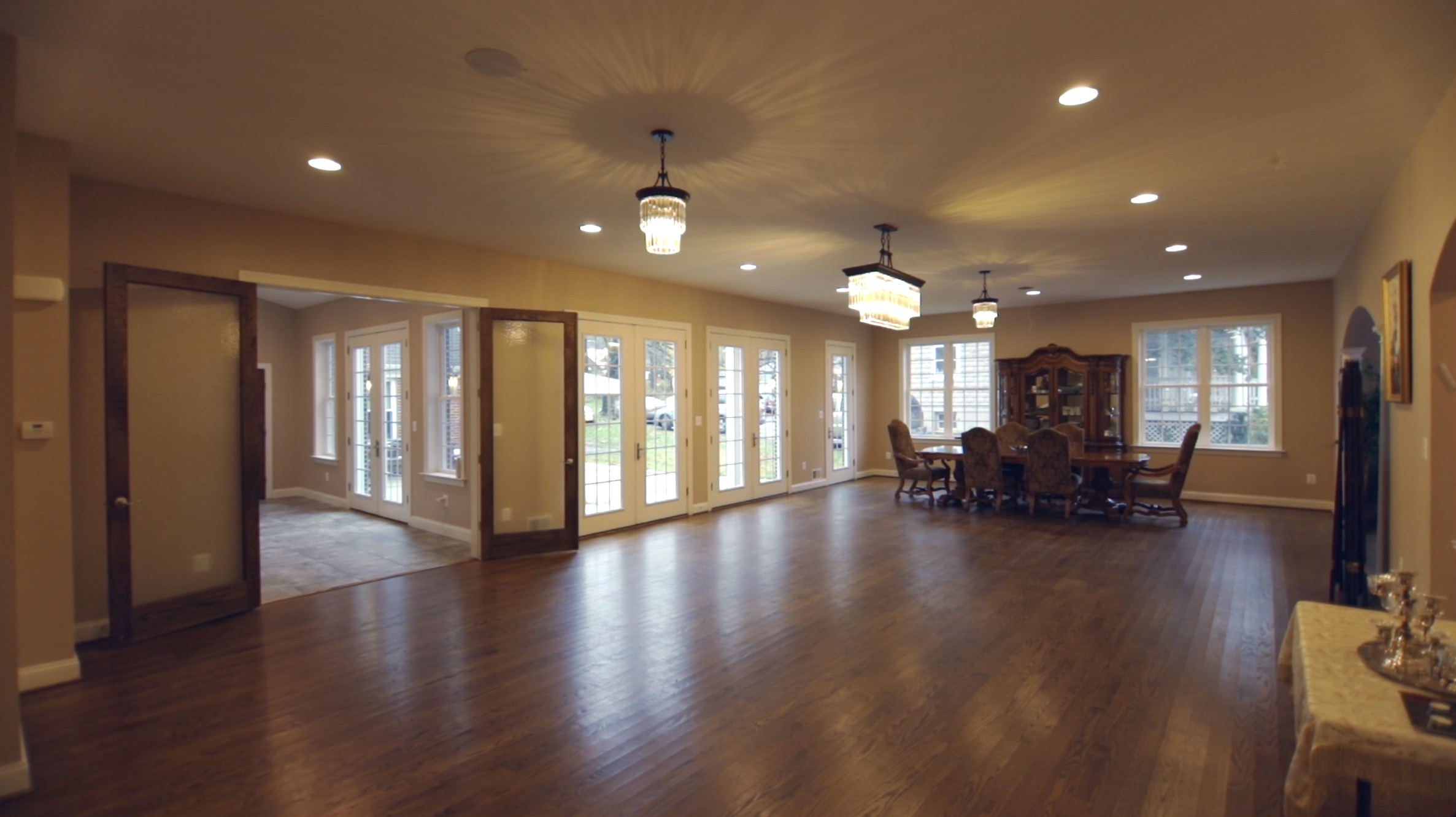
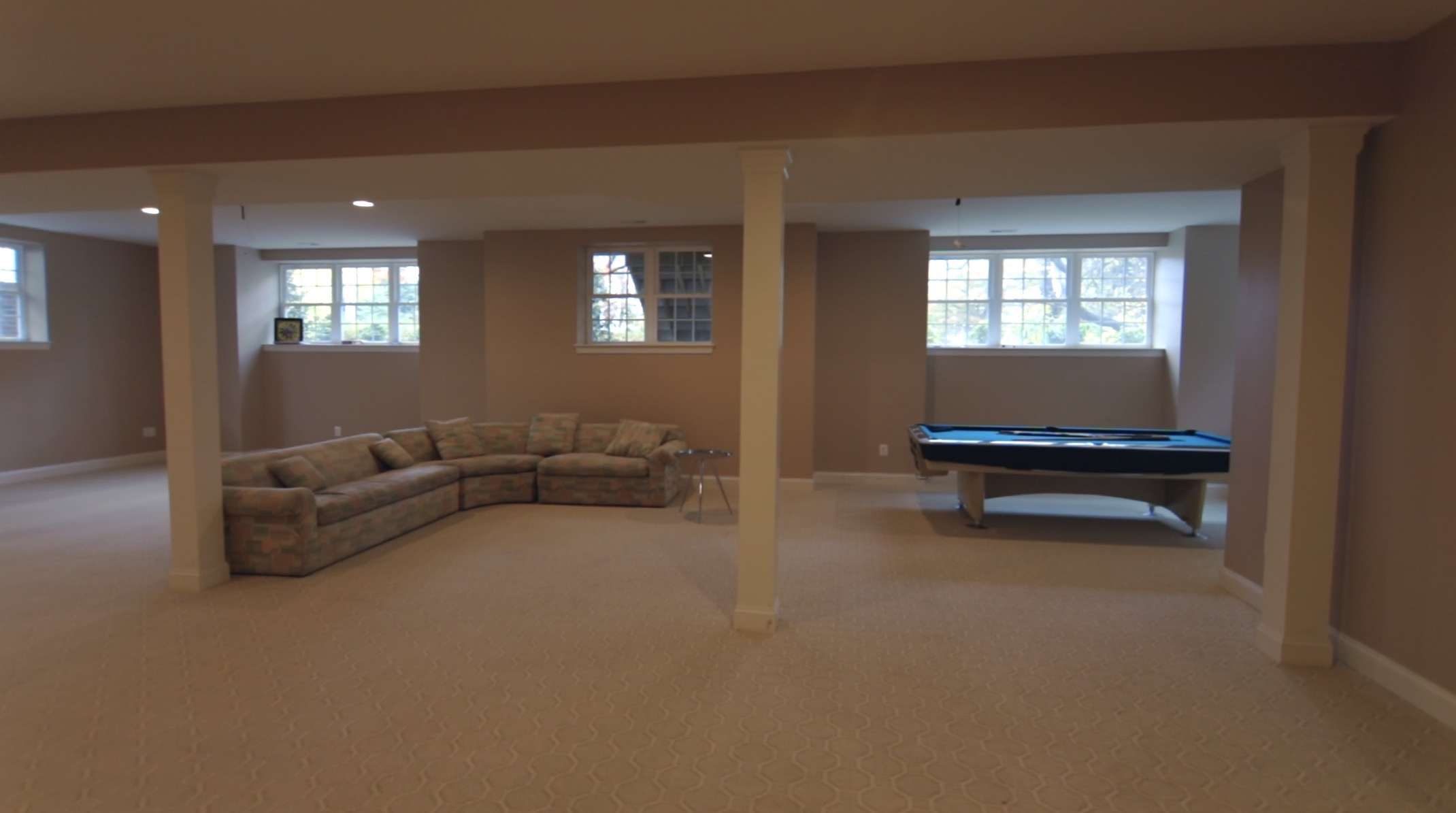
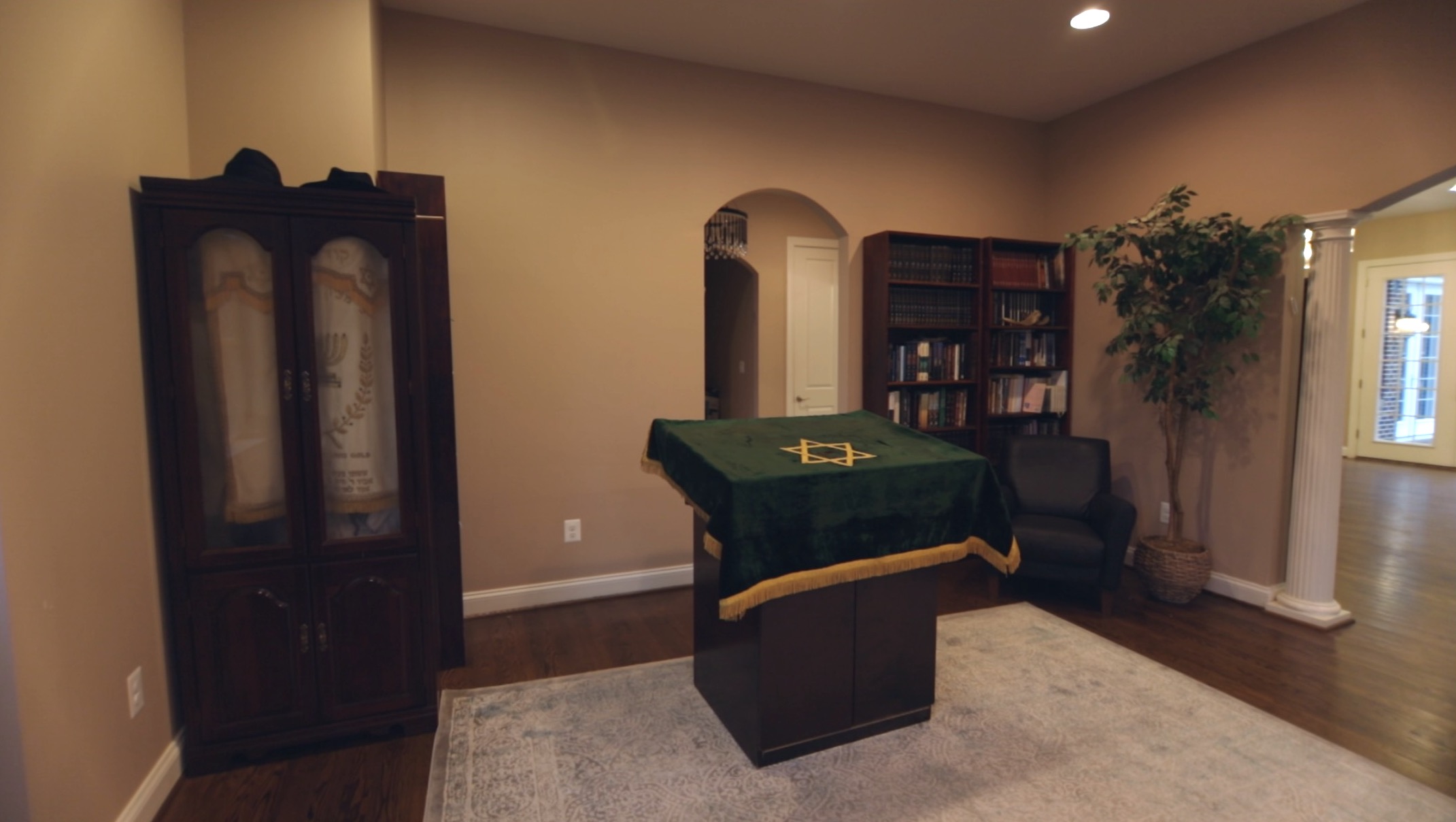
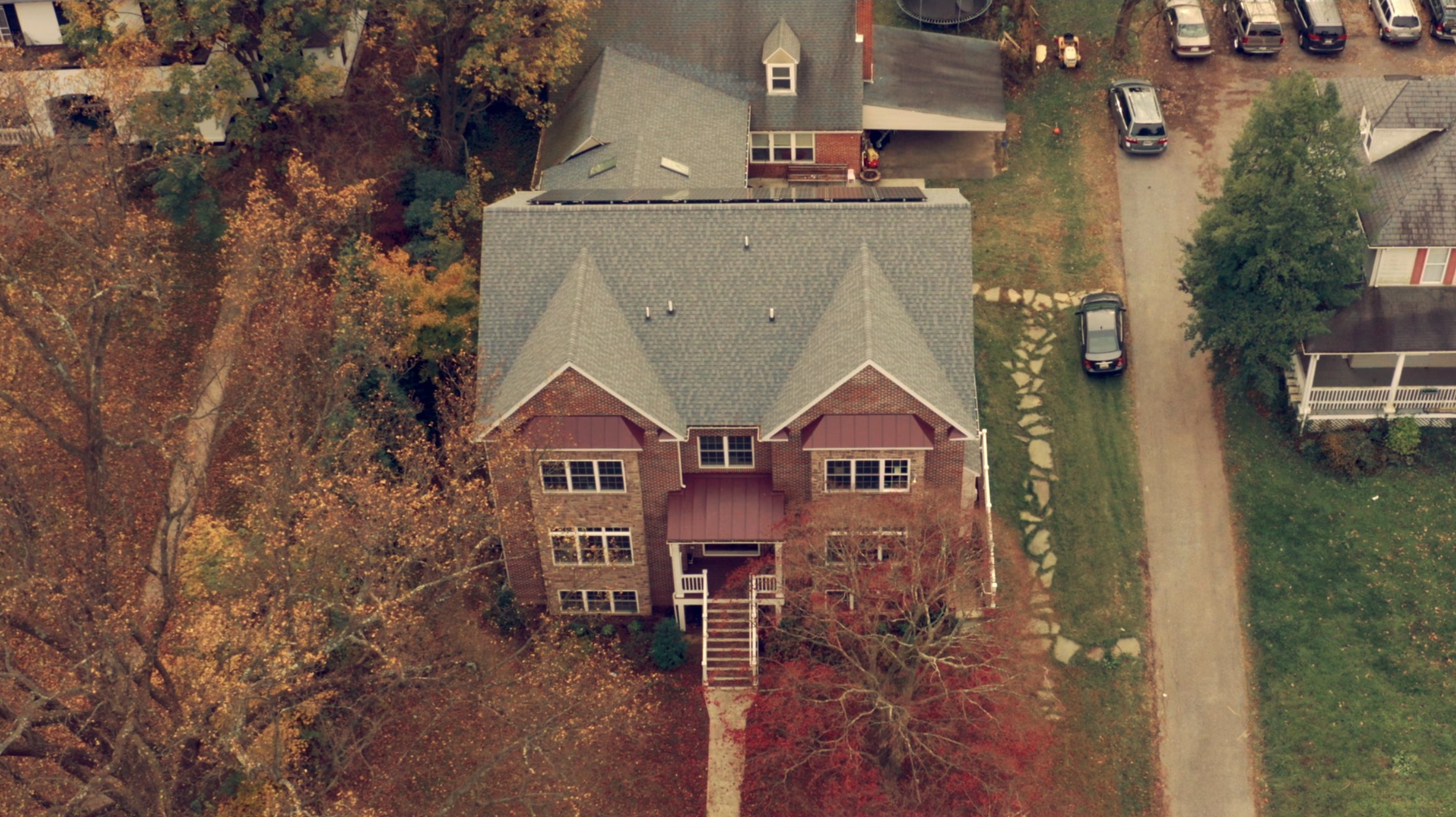
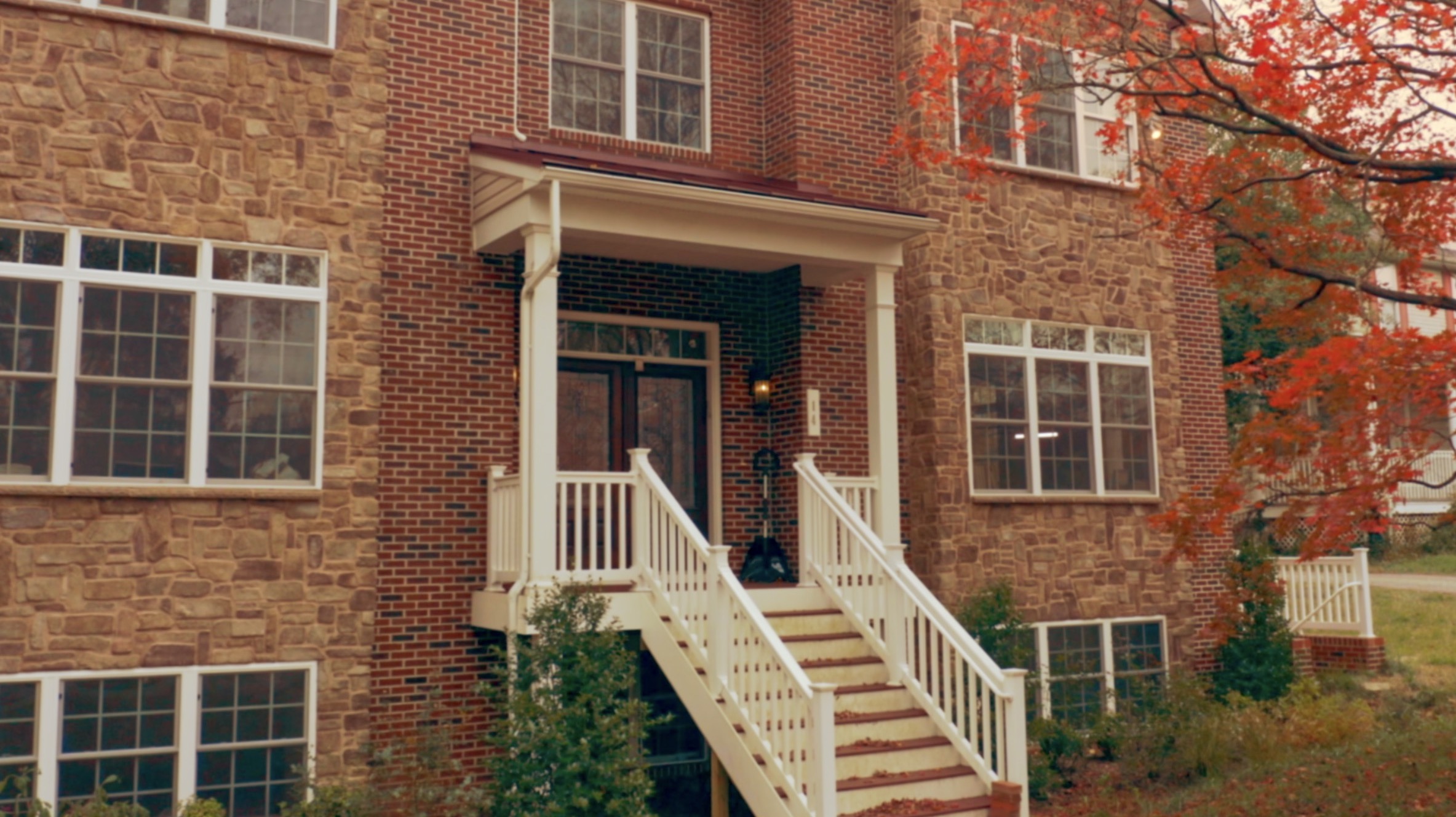

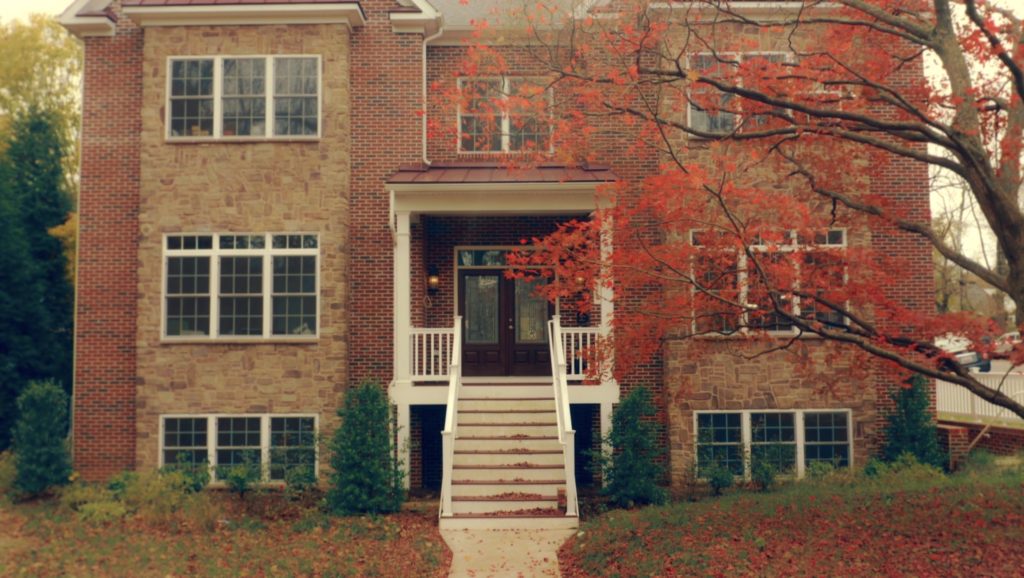










10 Responses
Let’s write to President Trump. Maybe he can help.
At the very least they should win on the demolition issue. If they have a non-conforming use, they might still prevail since similar buildings in the immediate area are used for non-residential uses, and there is a higher standard under Federal law went challenging a religious use of a private dwelling (also note that prior to Judaism be legalized in Maryland in the 1820s, Jews were still allowed to have services in private homes). It should be noted that the Towson University campus is in an area with a minimal frum population and a large affluent secular population, which may explain the biogtry directed towards the shul.
Does this mean that anyone can declare a house a shul and flout zoning, nuisance and other laws?
Sounds to me like the neighbors are in fact just plain Jew haters. A bunch of anti-semite nazi people.
Bet the judge who ordered the demolition goes to the meetings.
Avi K….sort of yes and no….under the Federal law, that Nat Lewin was closely involved with, there has to be some compelling reasons why “accommodations” cannot be made for the proposed religious use (e.g. there are some public health/safety concerns etc). There also can be “reasonable” conditions imposed on such use including limits on parking, numbers of attendees at certain hours etc. However, the law does to some extent “trump” local land use and zoning rules where the only problems cited are the usual NIMBY factors. In this case, the country seems to have screwed up by issuing the permits w/o recognizing the original setback requirements. However, there is ZERO likelihood that it will have to be demolished once a federal judge hears the case.
“Does this mean that anyone can declare a house a shul”
It seems they declared a shul a house (maybe that’s what you meant to say).
In further research I found that they applied for an expansion to further their success as a center, as this article implies. It was rejected; afterwards, they resubmitted the request claiming the expansion was only for residential reasons. Given that it’s probably not always the same person reviewing these things, the second request got through.
The county seems to have decided that the approval of expansion was based on false pretenses. The only way to order a de-expansion is to order a demolition.
My thoughts: It’s way over the top to order demolition. It’s a perfectly good mansion and could still be used for residential purposes. At the very least, Chabad could sell the building and move to a nicer neighborhood as the only problem neighbors seem to have with it is that it’s Chabad, which I do think is motivated by antisemitism. It’s not new for zoning rules to be used selectively against Jews; this is just the most extreme outcome.
> Avi K
They had all permits. And the construction is within the limits of the permits. What happened is that when they at first asked for the permits, they asked for tax relief (as the dwelling of clergy). They were turned down flat. So they agreed to pay full taxes. The hearings for the permit brought up all the objections mentioned. The zoning committee found the objections too minor and granted full permit. So a judge is now overturning an only granted permit after construction is complete. That is absurd.
It’s charity, use your spell check.
The headline ‘unprecedented’ is inaccurate and misleading. There is precedent in 7 of our 13 appellate courts here in the US.
i am sure there is more to the story, but this will never happen; a federal judge will issue an injunction.